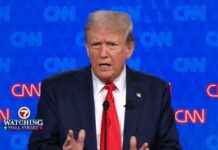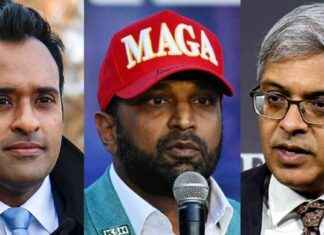The Supreme Court has allowed Virginia to continue its program aimed at removing suspected noncitizens from its voter registration rolls. This decision, made by a majority of conservative justices, will permit the state to exclude certain voters it believes are noncitizens. The dissenting liberal justices did not provide an explanation for their disagreement.
While this case involves a relatively small number of voters and is not in a battleground state, it has broader political implications. Some Republicans have raised concerns about widespread voting by noncitizens, although documented cases are rare. The Virginia case began with an order from Governor Glenn Youngkin, requiring election officials to take steps to match residents who self-identified as noncitizens against voter rolls.
Voting rights groups have criticized the Supreme Court’s decision, calling it outrageous and predicting confusion. They argue that eligible citizens may have been removed from the voter rolls due to the purge program. The Justice Department, under the Biden administration, disagreed with the order and filed a suit to ensure that every eligible American citizen can vote.
The legal battle over the voter purge program has sparked debate about the role of federal courts in election disputes. The Supreme Court’s decision, issued without explanation, has left many questioning the rationale behind the ruling. Election experts are grappling with the lack of clarity from the court and the potential implications for future cases.
Overall, the decision in the Virginia voter purge case highlights the complex intersection of politics, law, and voting rights. As the country grapples with ongoing concerns about election integrity, it is essential to ensure that all eligible voters have the opportunity to cast their ballots and have their voices heard.















